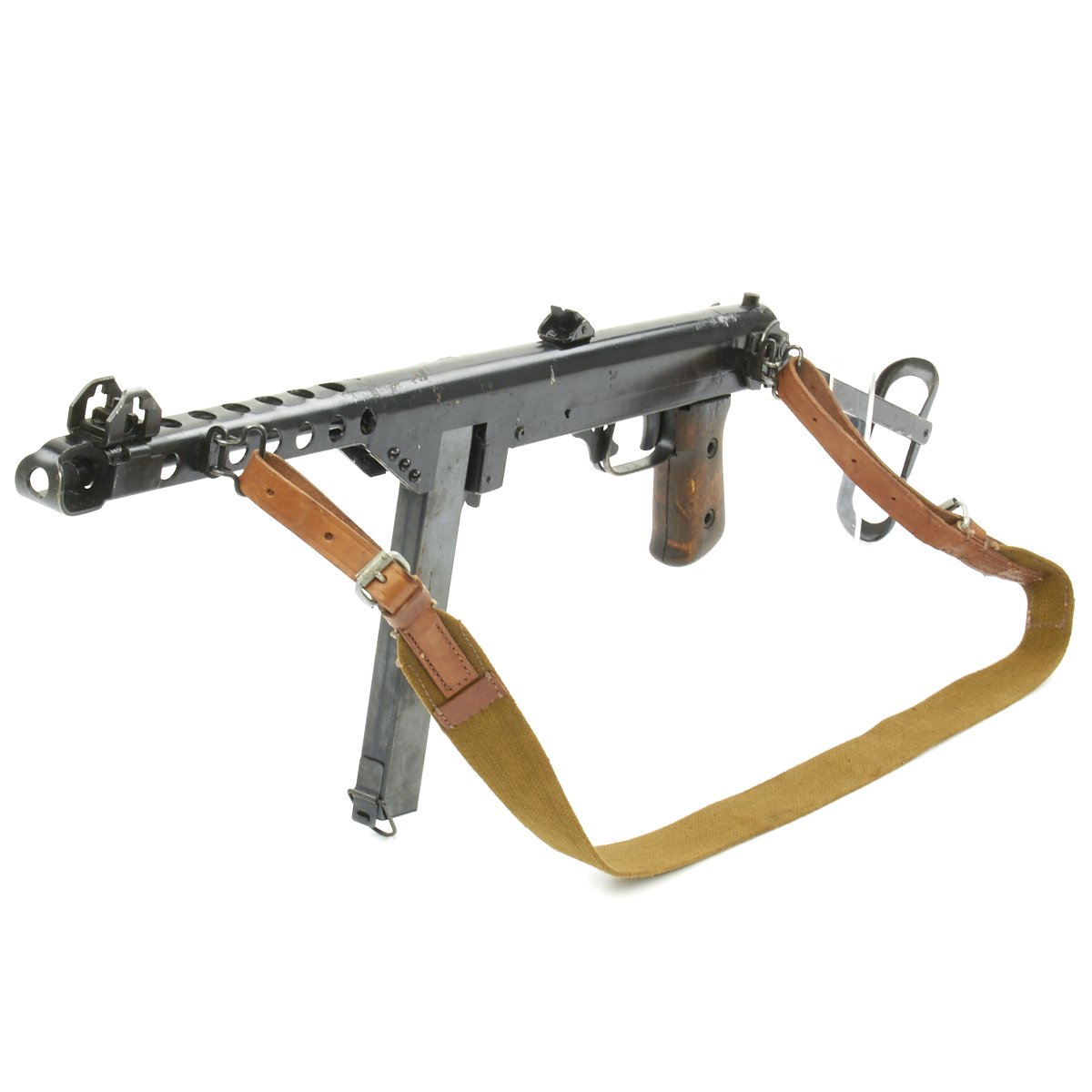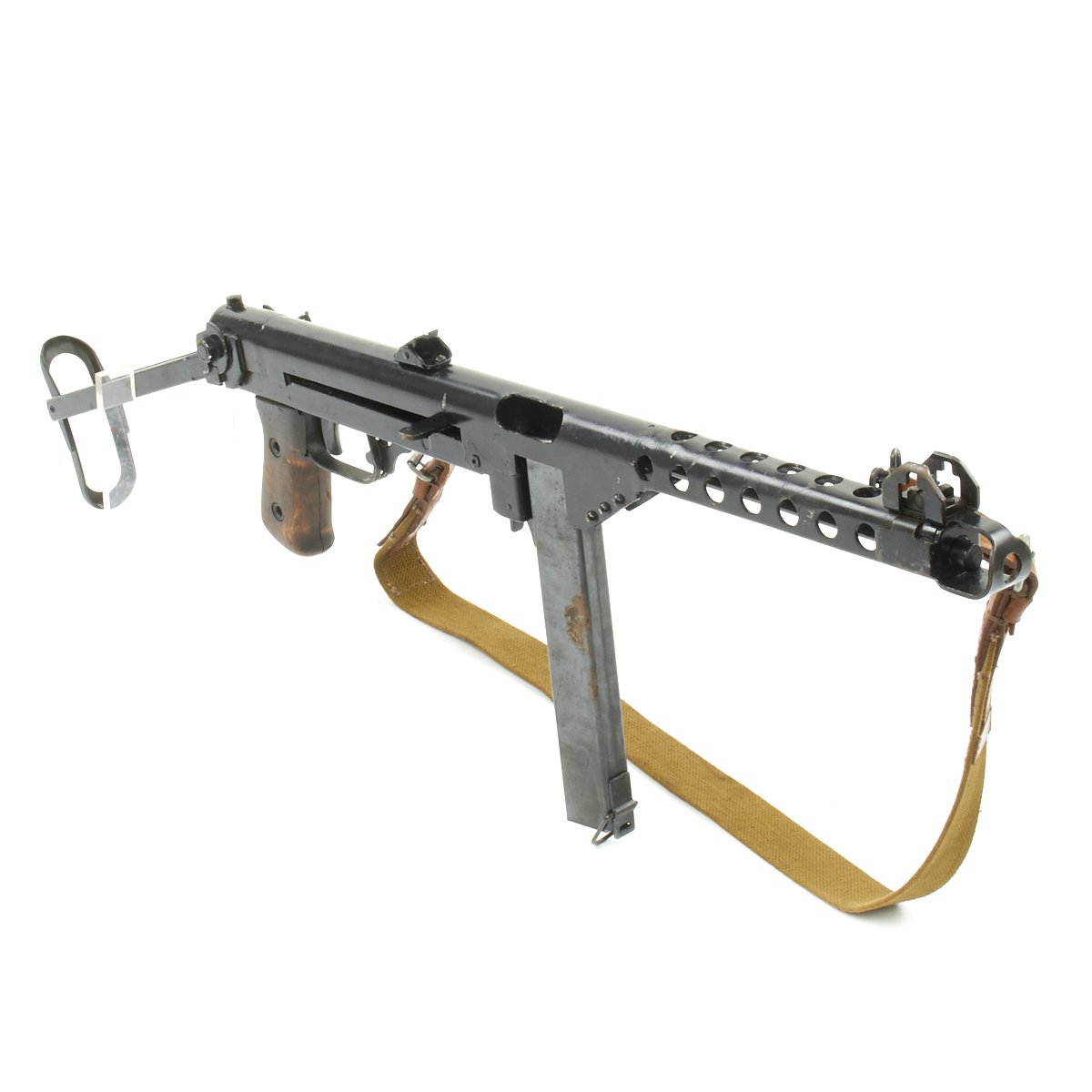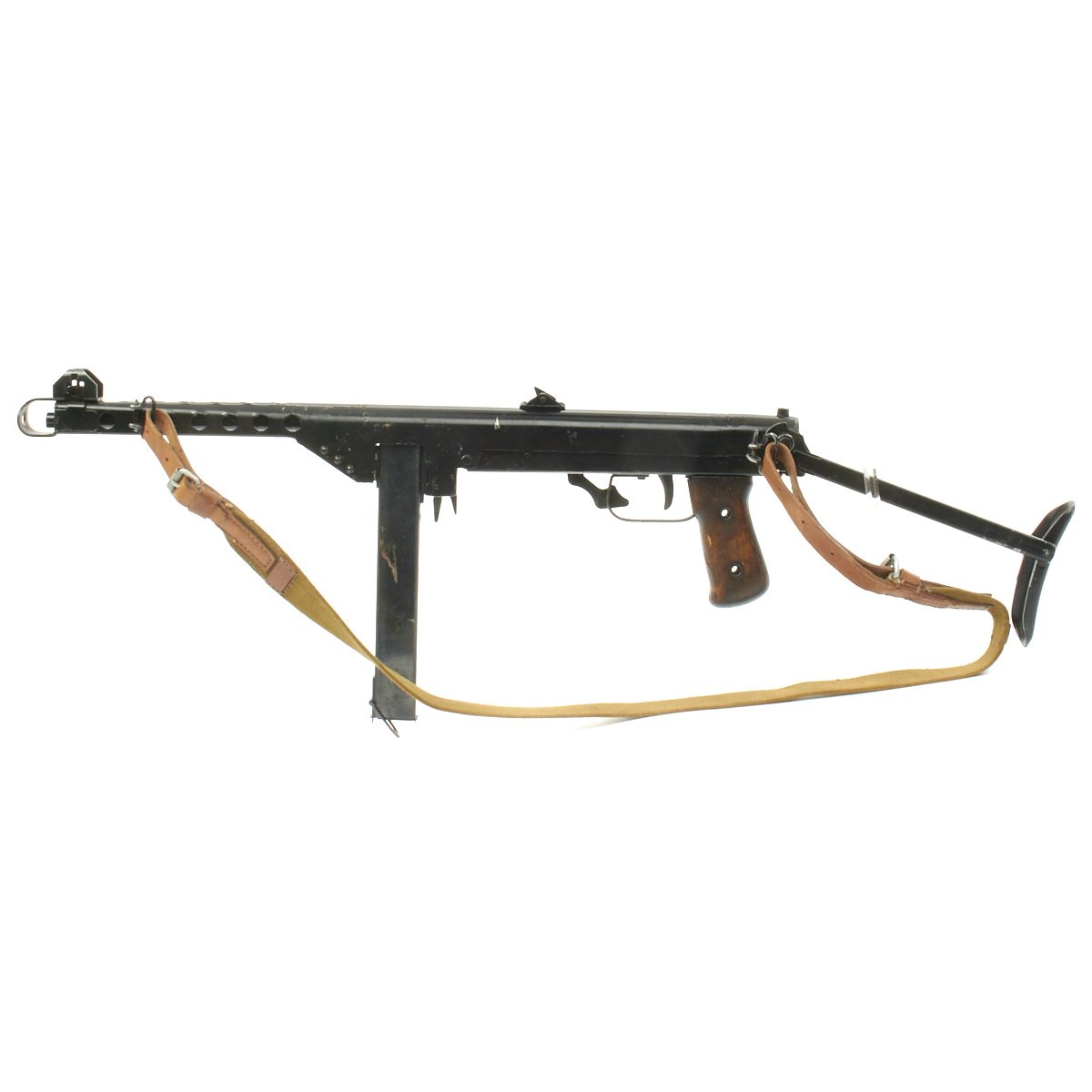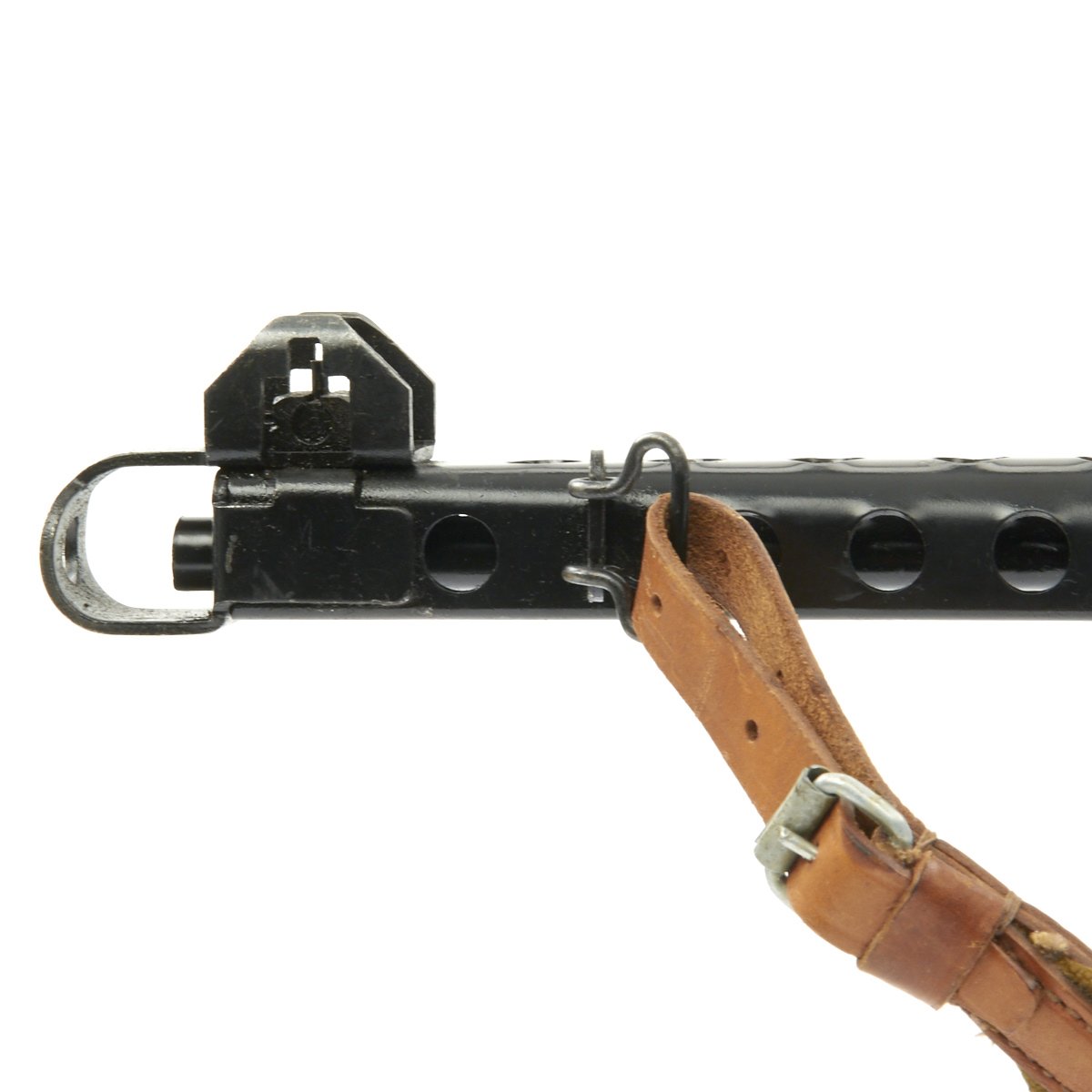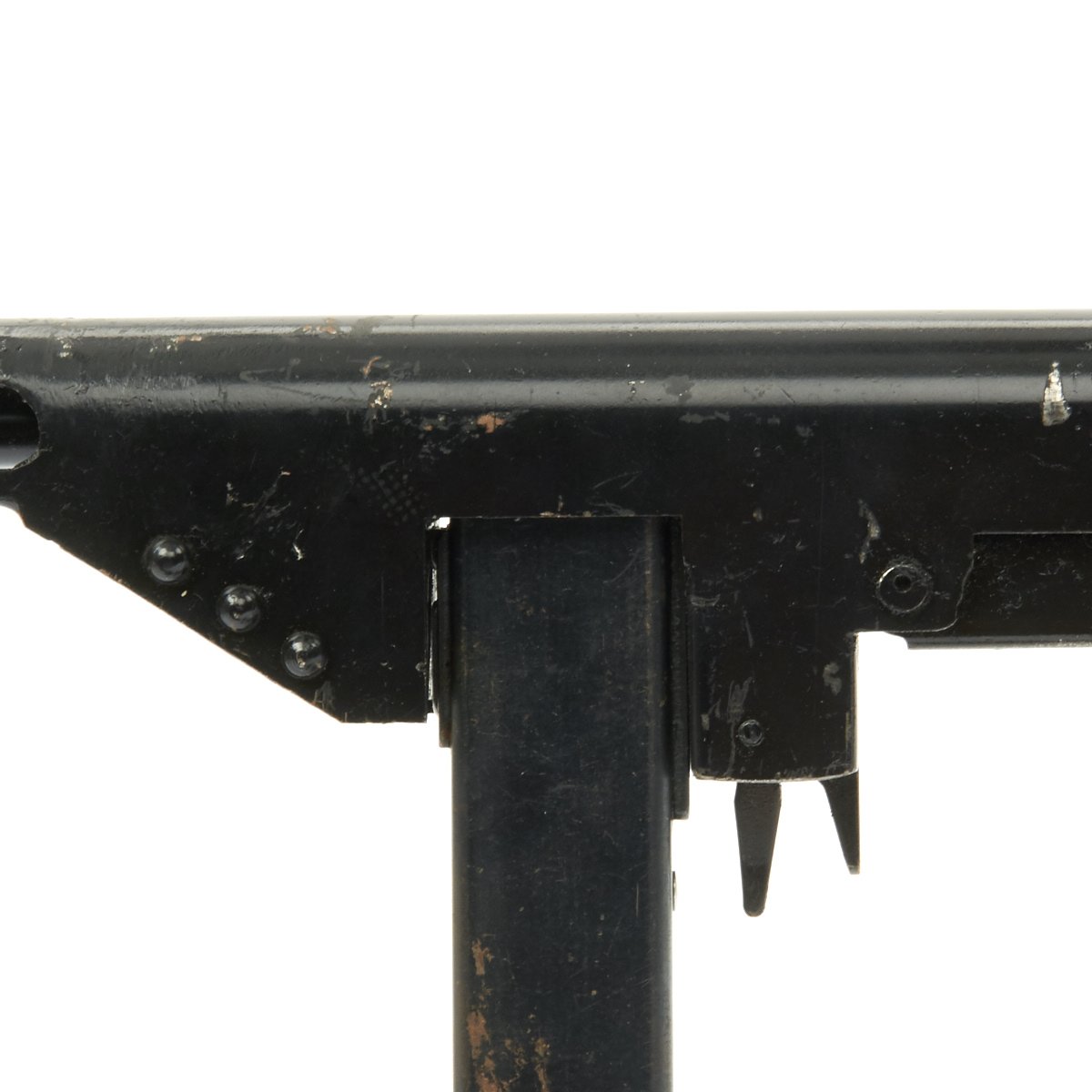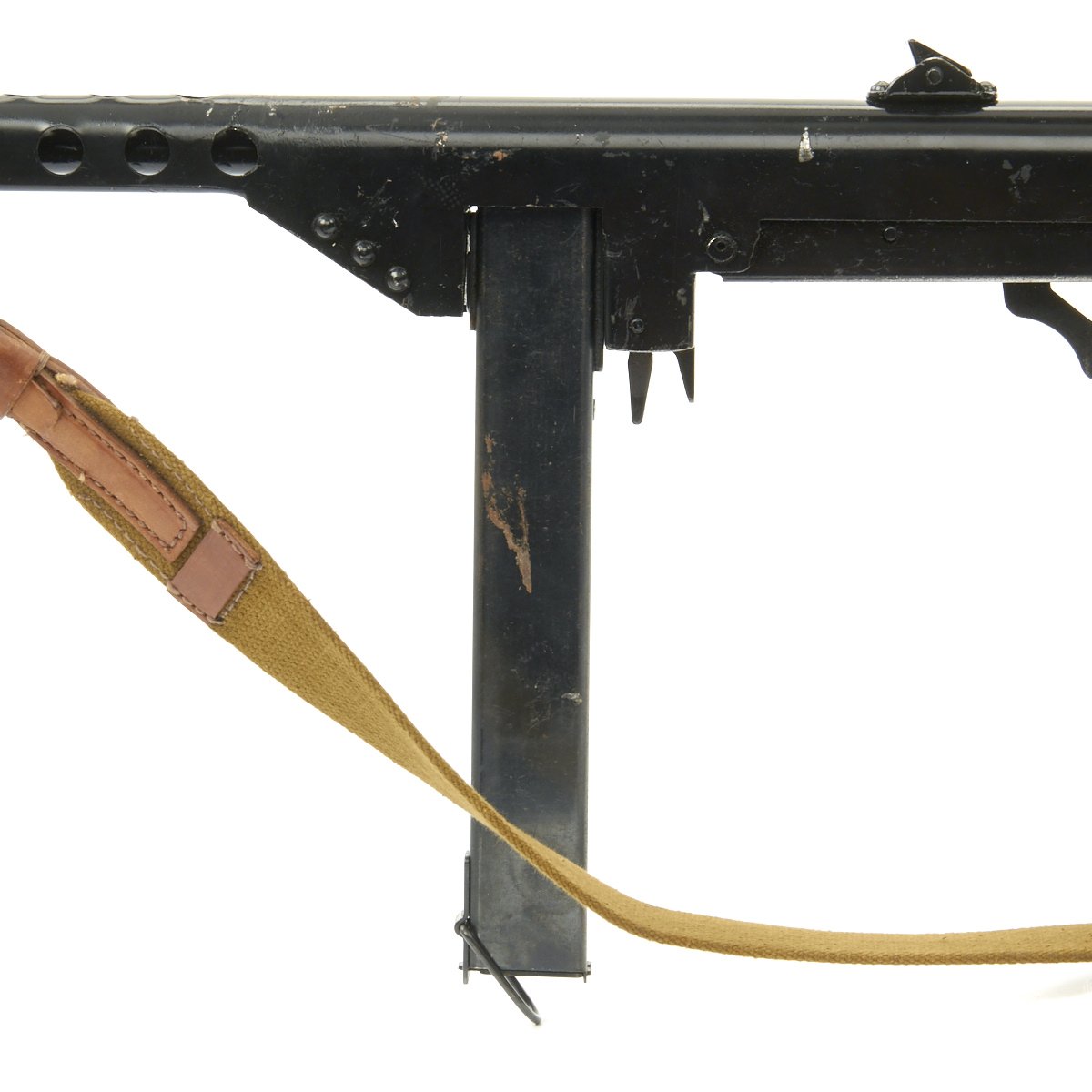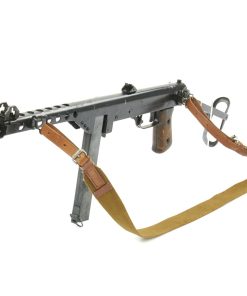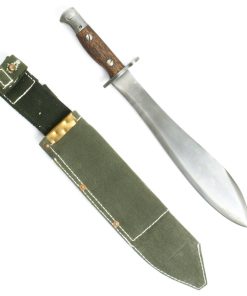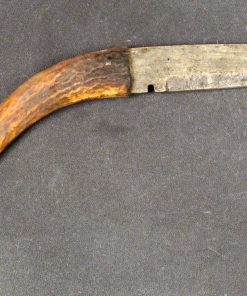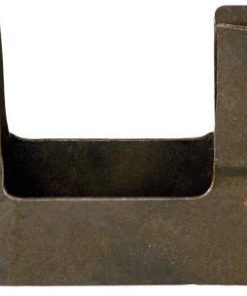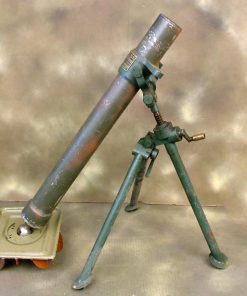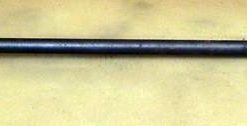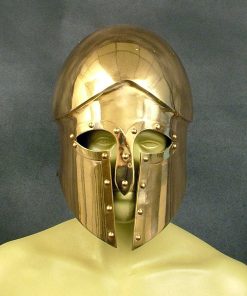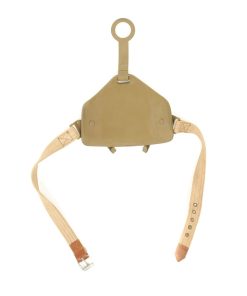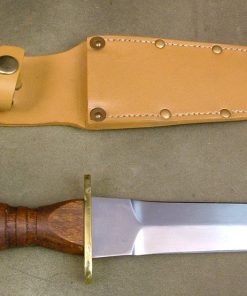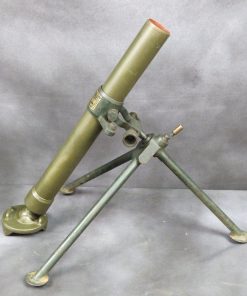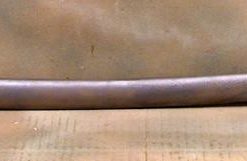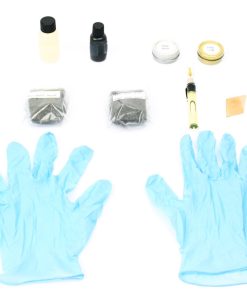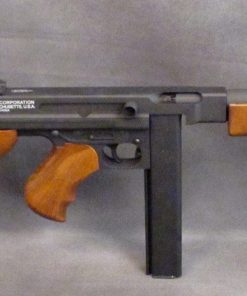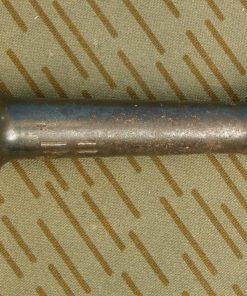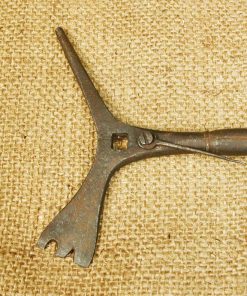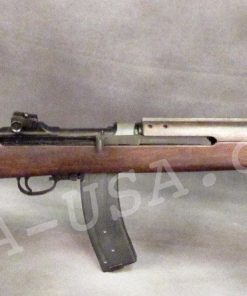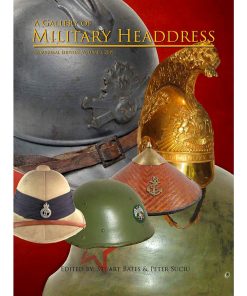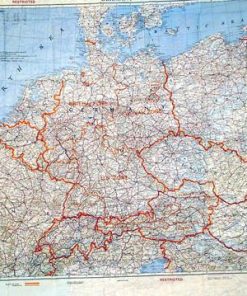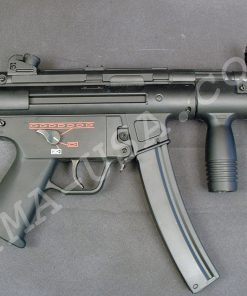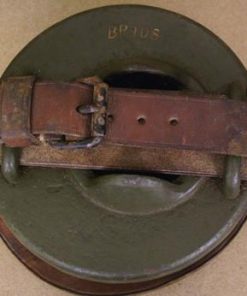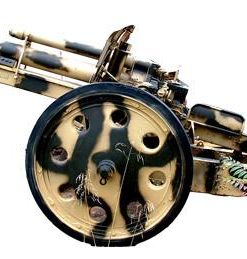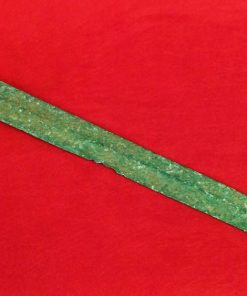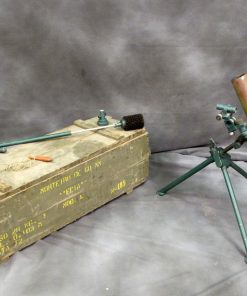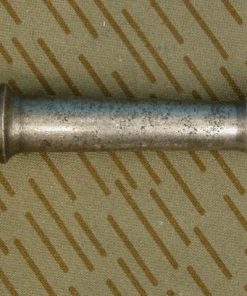Original Finnish WWII KP m/44 Display 9mm Submachine Gun with Magazine and Sling Original Items
$ 595,00 $ 178,50
Original Item: Only One Available. Offered in fine condition built on a newly made non-firing BATF approved non-gun display receiver, this Finnish KP m/44 SMG comes with an original stick magazine and sling. Magazine release tab, trigger, folding butt stock, and sight are all intact and movable. The cocking handle is welded in a fixed position per ATF requirements. Overall a great condition piece and very attractive.
The rear of the receiver is original, and is marked with the Tikkakoski factory logo. It also bears the SA mark of the Finnish Army (Suomen Armeija) below this, as well as on the magazine, which is rivet deactivated. There are additional markings on the gun and magazine.
The KP m/44 (Finnish: Konepistooli malli 1944, lit. ‘Submachine gun, model 1944’), nicknamed “Peltiheikki” or “Pelti-kp”, which could be translated as “sheet-metal Heikki” and “sheet-metal machine pistol”/”sheet-metal submachine gun” respectively, was a Finnish 9mm copy and modification of the Soviet mass-produced 7.62 mm submachine gun PPS-43.
Starting in 1942, and becoming more common as the Finnish-Soviet Continuation War progressed, both PPS-42 and PPS-43 began showing up among Soviet units, and many were captured by the Finnish Army. The simple construction of these weapons immediately caught the interest of the Finnish arms industry. It was decided that they would try to copy the sheet-steel stamped construction process, but redesigned to use the 9×19mm Parabellum round instead of the original Soviet 7.62×25mm Tokarev and to use the magazine of the Suomi KP/-31 submachine gun, the standard SMG in Finnish service at that time. The new submachine gun was a much cheaper design than the Suomi submachine gun and could be manufactured much faster. All parts were made out of stamped steel (excluding the barrel, bolt and some wooden plates on the handle). The weight of the gun was almost halved compared to the Suomi (2.95 kg vs. 5 kg).
The Finnish Defence Forces ordered 20 000 m/44 submachine guns from Tikkakoski in August 1944. The end of the war saw the order reduced to 10 000 units and the guns were produced during 1945.
Fast Shipping with Professional Packaging
Thanks to our longstanding association with UPS FedEx DHL, and other major international carriers, we are able to provide a range of shipping options. Our warehouse staff is expertly trained and will wrap your products according to our exact and precise specifications. Prior to shipping, your goods will be thoroughly examined and securely secured. We ship to thousands clients each day across multiple countries. This shows how we're dedicated to be the largest retailer on the internet. Warehouses and distribution centres can be located throughout Europe as well as the USA.
Note: Orders with more than one item will be assigned a processing date depending on the item.
Before shipping before shipping, we'll conduct a thorough inspection of the items you have ordered. Today, the majority of orders will be delivered within 48 hours. The delivery time will be between 3-7 days.
Returns
The stock is dynamic and we cannot completely manage it because multiple stakeholders are involved, including our factory and warehouse. So the actual stock may alter at any time. It's possible that you may not receive your order once the order has been made.
Our policy is valid for a period of 30 days. If you don't receive the product within 30 days, we are not able to issue a refund or an exchange.
You can only return an item if it is unused and in the same state as the day you received it. You must have the item in its original packaging.
Related products
Uncategorized
Uncategorized
Uncategorized
Uncategorized
Uncategorized
Armoured Fighting Vehicles of the World: AFVs of World War One (Hardcover Book) New Made Items
Uncategorized
Uncategorized
Uncategorized
Uncategorized
Uncategorized
Uncategorized
Uncategorized
Uncategorized
Uncategorized
Band of Brothers ORIGINAL GERMAN WWII Le. F.H. 18 10.5cm ARTILLERY PIECE Original Items
Uncategorized
Uncategorized
Uncategorized
Uncategorized
